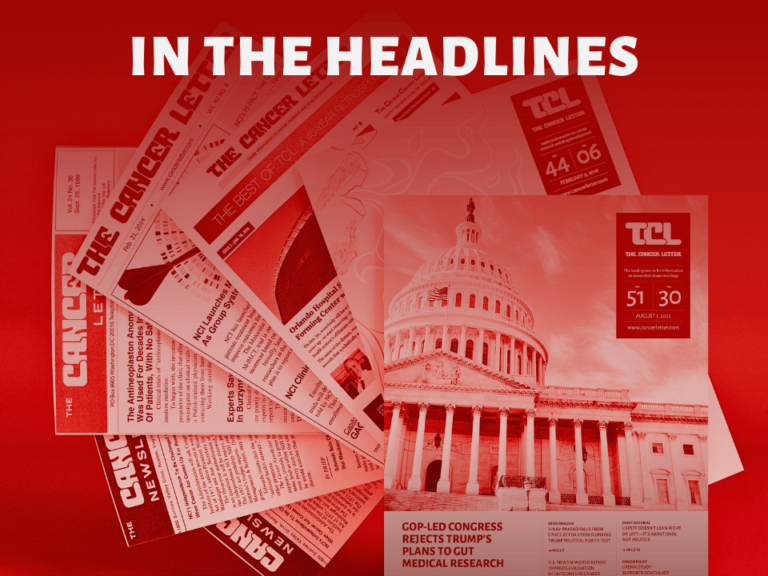The House of Representatives March 27 passed a $2 trillion coronavirus relief package to “prevent, prepare for, and respond to coronavirus, domestically or internationally.” The bill appropriates pandemic response funds in the following amounts: $4.3 billion for CDC, $945.4 million for NIH, $80 million for FDA, and $200 million for CMS.
The Senate voted to approve the legislation 96-0 on March 25. President Donald Trump is expected to sign the bill immediately. The Coronavirus Aid, Relief and Economic Security (CARES) Act is the largest economic stimulus measure to date in U.S. history.
The bill provides $3.5 billion to the Biomedical Advanced Research and Development Authority “for necessary expenses of manufacturing, production, and purchase … of vaccines, therapeutics, diagnostics, and small molecule active pharmaceutical ingredients, including the development, translation, and demonstration at scale of innovations in manufacturing platforms.”
Here’s a breakdown of the allocations by agency, institute, and program:
Centers for Disease Control and Prevention: $4.3 billion
$1.5 billion for states etc. to “carry out surveillance, epidemiology, laboratory capacity, infection control, mitigation, communications, and other preparedness and response activities”
$500 million for “global disease detection and emergency response”
$500 million for “public health data surveillance and analytics infrastructure modernization”
$300 million for the Infectious Disease Rapid Response Reserve Fund
National Institutes of Health: $945.4 million
National Institute of Allergy and Infectious Diseases: $706 million, of which $156 million is allocated for “vaccine and infectious diseases research”
National Heart, Lung, and Blood Institute: $103.4 million
National Institute of Biomedical Imaging and Bioengineering: $60 million
National Center for Advancing Translational Sciences: $36 million
Office of the Director: $30 million
National Library of Medicine: $10 million
Food and Drug Administration: $80 million
Salaries and Expenses: $80 million, including funds “for the development of necessary medical countermeasures and vaccines, advanced manufacturing for medical products, the monitoring of medical product supply chains, and related administrative activities.”
Centers for Medicare and Medicaid Services: $200 million
Program Management: $200 million, of which $100 million is allocated for the survey and certification program and prioritizing nursing home facilities in localities with community transmission of coronavirus
Substance Abuse and Mental Health Services Administration: $425 million
Health Surveillance and Program Support: $425 million











